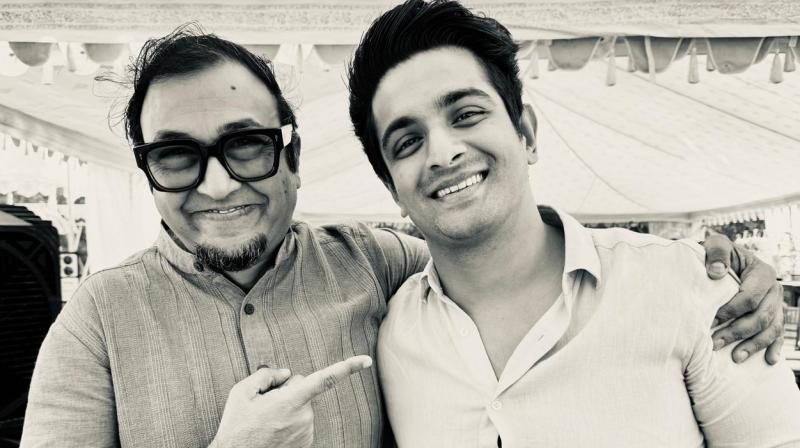In the last few weeks, we’ve all seen the outrage surrounding Ranveer Allahbadia, aka BeerBiceps. FIRs filed across multiple states. Trending hashtags calling for cancellation. And a flood of commentary reducing a decade of work to one controversial moment.
I’ve known Ranveer for years. As a friend, as a dynamic guy hanging out in SoHo House, as an emotional 20-something year old watery eyed when he was going through a breakup and as a creator talking about content creation as a subject in a university. Not the viral clips, not the soundbites—the person. The guy who built a platform from scratch, creating content before anyone even knew what content would become, using it to share honest conversations about entrepreneurship, mental health, and spirituality. He started this in his early twenties! And now, one poorly judged joke is threatening to wipe all of that away.
The controversy? A single question on an intentionally chaotic, crude, shock-humour show called India’s Got Latent. Yes, the joke was crass. Yes, it shouldn’t have been said. But let’s be honest: far worse things have been said on that stage—and celebrated for being 'edgy'. This wasn’t a moral crime. It was a moment. A slip. And Ranveer called himself out before anyone else could. He apologised. Took accountability. Requested the segment be edited. And made it crystal clear it doesn’t reflect who he is or what he stands for.
Of course, what he said was crude and inappropriate. I’m not saying the criticism is misplaced. Public figures do carry responsibility, and the language and tone they use—regardless of the context—can influence how we shape cultural norms.
What followed, though, raises important questions. Is there room for mistake without total erasure? Can we separate misjudgment from intent? And are we creating an internet that is hungry for scandal at any cost? This is the toxic side of the internet we don’t talk about enough: the part that thrives on outrage, erases nuance, and feeds on destruction. We’ve become addicted to punishment—and allergic to context.
This isn’t an attempt to excuse his actions—it’s an invitation to apply context. A single lapse, especially in an environment that thrives on pushing boundaries, should be called out. But does it warrant complete cancellation? Many of these creators are merely kids. Who grew up in front of a tripod and a phone. We liked them because of their authenticity and vulnerability. Isn’t that the basis of the creator economy? They feel more real than celebrities, they are one of us and hence they inspire us. Doesn’t that therefore allow space for mistakes and growth?
Accountability and consequence are essential. But so are proportion and perspective. In a digital world that often flattens people into their worst moment, we must learn to hold both things at once: critique and compassion.
I’ll sign off with an appeal to all my friends in the advertising and marketing world, don’t fall for this ruthless internet. Work with him again. I’m sure his believers outnumber the trolls and are the kind of people that you want buying your products anyway.
Ranveer’s misstep was real—but so is the impact of his work. And maybe the real measure of a public figure isn’t whether they fall—but how they respond when they do.












